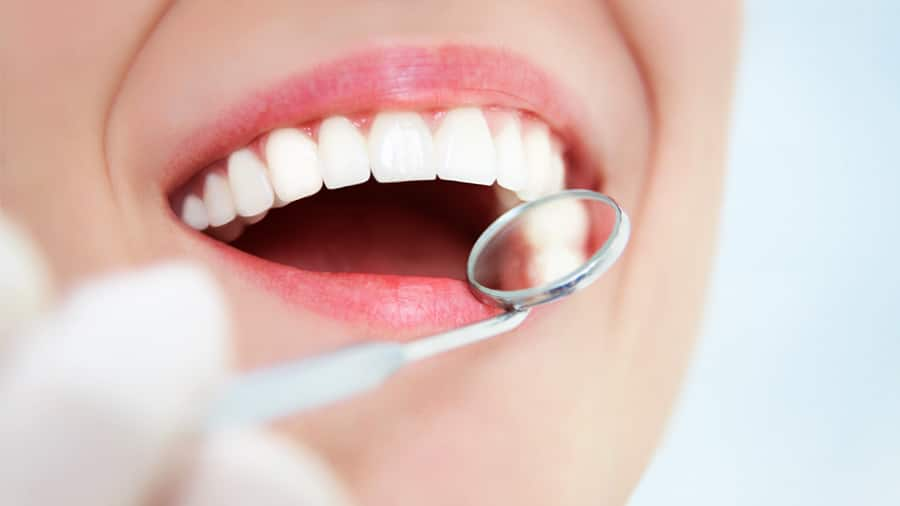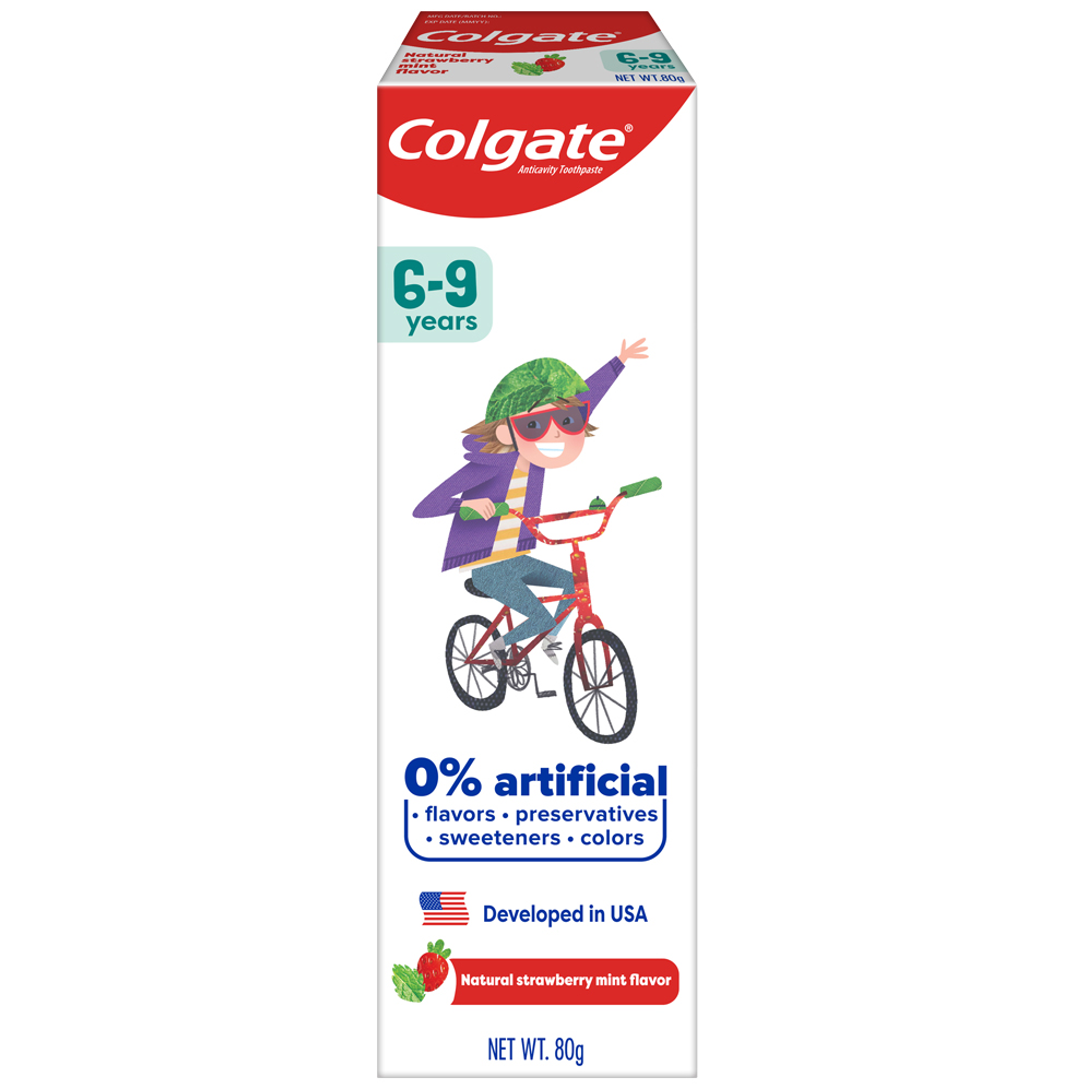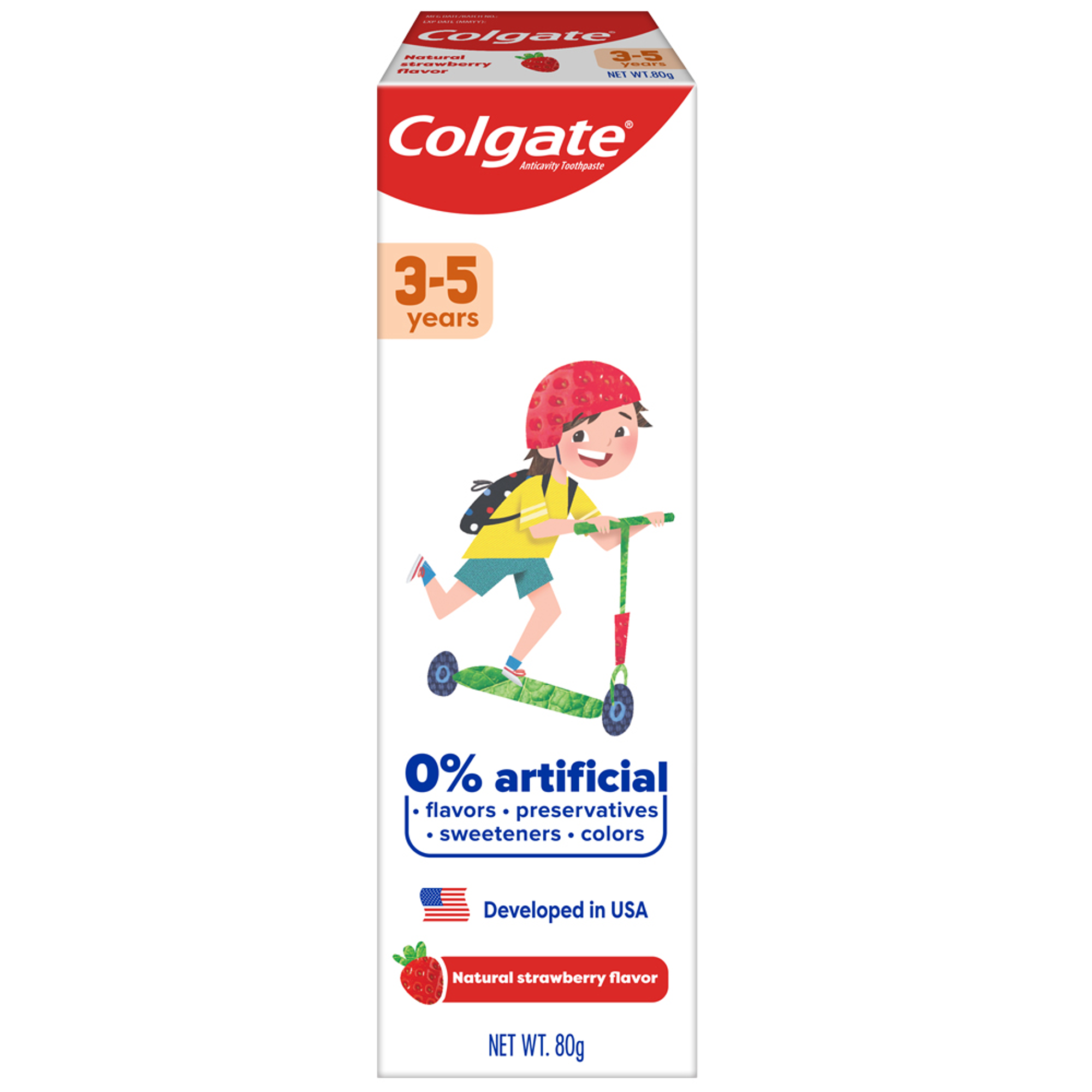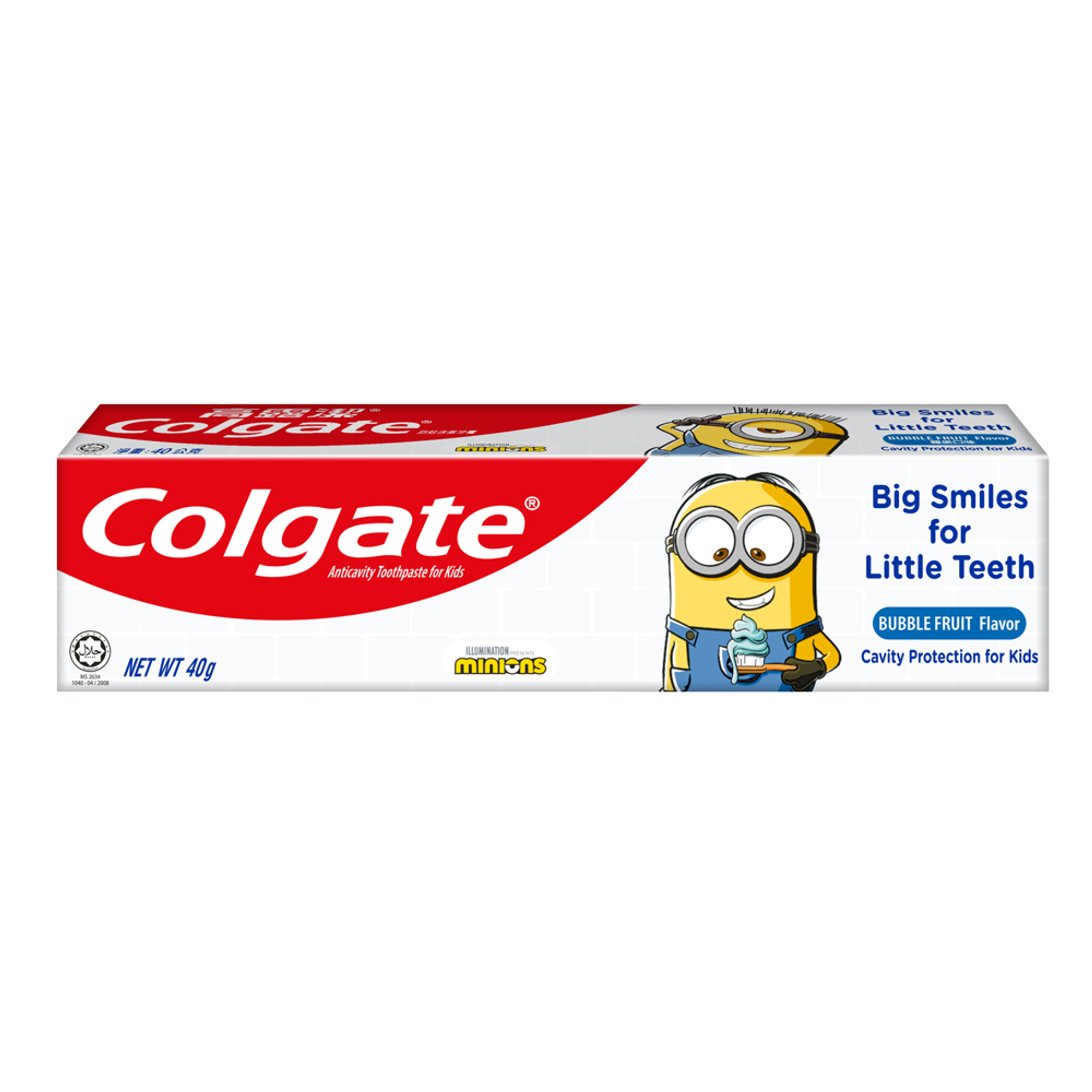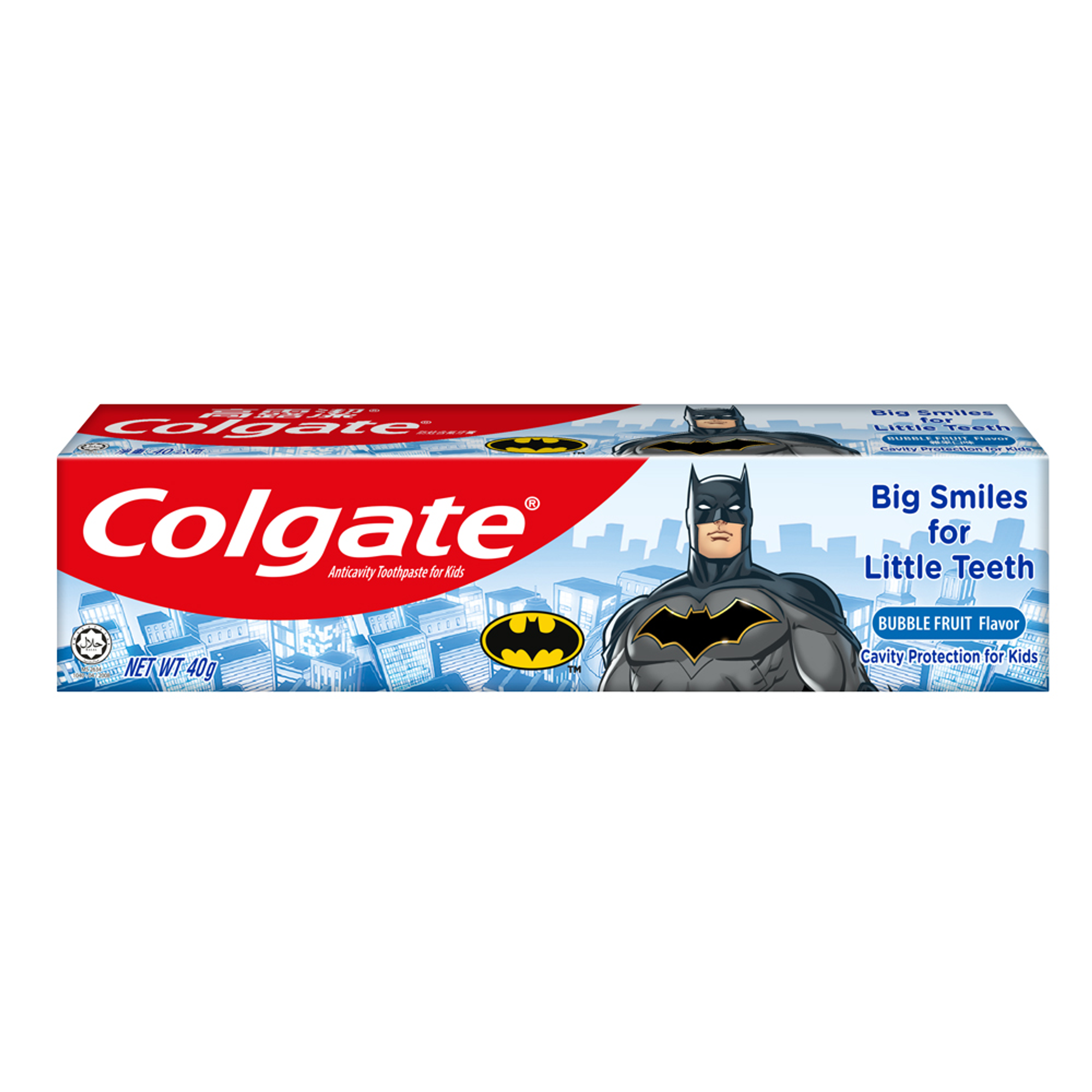- Oral Health and Dental Care | Colgate®
- Oral Health
- Early Childhood Caries: What Is It?
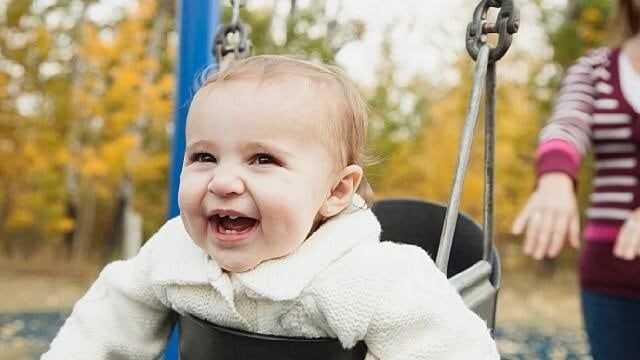

Early childhood caries (ECC) is one of the most prevalent, yet preventable disease in children younger than 6 years old. Usually limited to the deciduous (baby) teeth that are replaced by permanent teeth between ages 6 and 12, a child is five times more likely to be diagnosed with ECC than asthma, according to the American Academy of Pediatric Dentistry (AAPD) in the United States. Here's all you need to know about ECC and how to keep your child's mouth healthy.
What Are ECCs?
An ECC is considered present in a child if he or she is younger than 6 and has already developed two or more cavities in the first set of teeth. The Centers for Disease Control and Prevention in the United States estimates over 20 percent of children younger than 6 are affected by ECCs.
What Are the Risk Factors?
The American Academy of Pediatric Dentistry AAPD in the United States notes the following risk factors for infants:
- Have not visited the dentist yet
- Go to sleep with a baby bottle filled with fruit juice or milk
- Don't have their gums wiped or teeth brushed before bedtime
For toddlers and young children, the risks are similar, especially when it comes to drinking milk and juice between meal times. The sugar from these beverages coats the teeth. Drinking plenty of water to wash away the sugar will help avoid baby bottle tooth decay.
How Can They Be Prevented?
The American Dental Association in the United States recommends that all children be seen by the age of 1 year by a general or pediatric dentist, as that is usually when the lower and upper front baby teeth begin to appear. Brushing twice daily with a toothpaste that's enamel safe with a clinically proven fluoride formula for kids, such as a kids cavity protection toothpaste, scheduling regular dentist visits, and serving healthy foods that don't contain large amounts of sugar are three easy ways parents can lessen their child's risk of developing a cavity.
When children learn that toothpaste shouldn't be swallowed, you can add a mouthwash to his or her twice daily oral health routine. It's an anti-cavity fluoride mouthwash that helps strengthen enamel and protect against cavities.
How is ECC Treated?
When detected early, cavities found in primary (baby) teeth can be easily filled by a general dentist or pediatric dentist. If extensive work is needed, a pediatric dentist may need to administer sedation (sleep dentistry) either at the office or in a hospital setting to put the young child at ease. Cavities can be very painful, so it's essential to have them treated right away.
Early childhood caries are completely avoidable with the help of parents and dentists. A healthy lifestyle and great oral health habits will help ensure a lifetime of healthy smiles.
Related Products

Helping dental professionals
More professionals across the world trust Colgate. Find resources, products, and information to give your patients a healthier future







